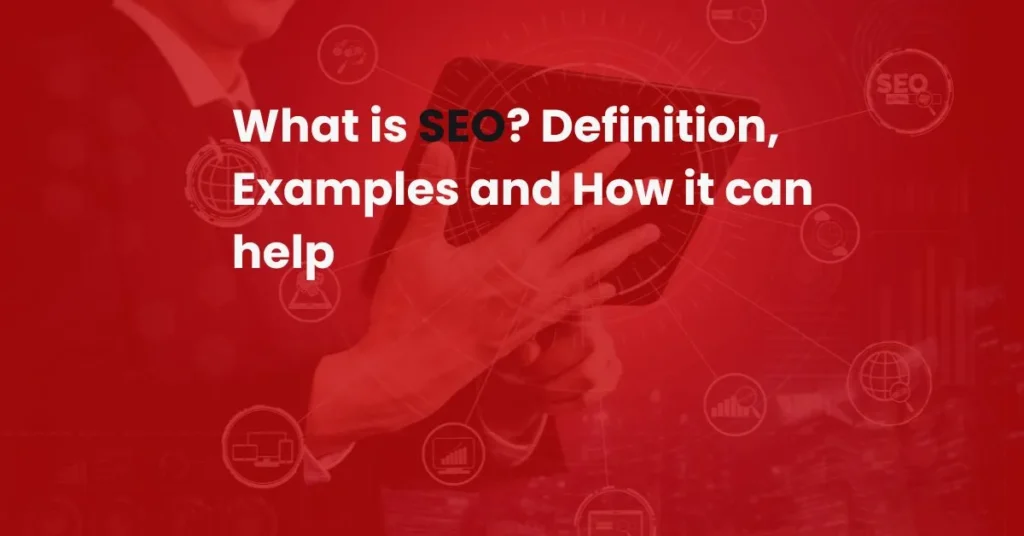Have you ever wondered about the trend in which some websites appear strangely at the top of search engine results while others stay hidden? A simple concept known as SEO, or search engine optimization, provides the solution.
But what is search engine optimization (SEO) specifically? It is not the result of a secret deal with the Google gods or an ancient command. The process of optimizing a website and its content to achieve a higher ranking in search engine results pages (SERPs) is referred to as SEO. As your position increases, a wider range of individuals will visit your website, which increases your possibilities of engaging with them.
Understanding Search Engine Optimization is like having two tools in your toolbox:
1. On-page optimization: means making your website’s content, structure, and technical parts the best they can be to ensure both people and search engines can read and understand them easily. It means using relevant keywords in all of your content, making sure your page names and meta descriptions are optimized, and making sure your website runs fast and works well on mobile devices.
2. Off-page optimization: refers to the various activities and techniques that are implemented outside of your own website to improve its visibility and ranking on search engine results pages (SERPs). Such as social media marketing, paid advertising, content marketing and more. Unlike on-page optimization, which involves optimizing elements on your website itself, off-page optimization focuses on external factors that influence your site’s perceived authority, relevance, and credibility.
Why is search engine optimization important?
1. Increased Visibility: SEO makes sure that your website shows up high in search engine results, which makes it more likely that people will find what they are looking for.
2. Credibility: Users tend to think that websites that rank better in search results are more reliable and credible.
3. Better User Experience: SEO techniques like making sites faster and more mobile-friendly make the browsing experience of all users better.
4. Targeted Traffic: search optimization helps bring in people who are actively looking for products or information linked to your content, which increases the chances of them buying something.
Some examples of SEO techniques
- Keyword optimization: Using relevant keywords in a natural way in your writing helps search engines figure out what the page is about.
- Quality Content: The key to SEO success is making high-quality, useful content that answers questions and meets the needs of users.
- Building backlinks: Getting good backlinks from trustworthy websites can make your site more trustworthy.
How search engine optimization can help
Business Growth: More possible customers can be drawn in by better visibility, which can lead to business growth.
Cost-Effectiveness: SEO and organic traffic are more cost-effective ways to get results.
Competitive Advantage: If your company ranks higher in search results than your competitors, it becomes known as an expert in the field.
Long-term Success: SEO is an ongoing process. Spending money on it now will pay off in the long run by making your business more visible and successful online.







